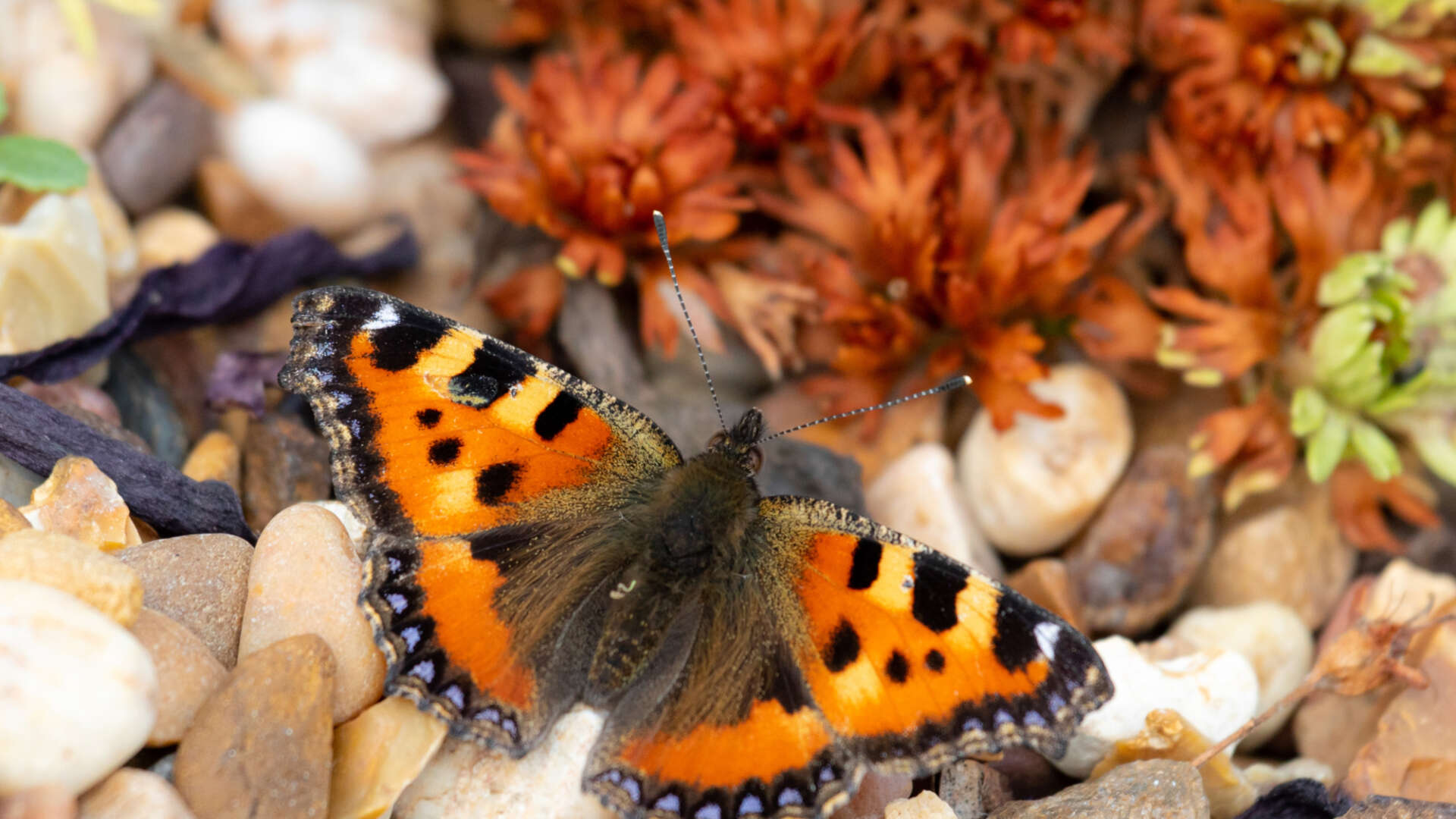Worrying news about the decline in UK's wildlife

The State of Nature report for 2019 reveals that since 1970, 41% of species have decreased. Moths and butterflies are particularly hard hit. And the total number of breeding birds in the UK fell by 44 million between 1967 and 2009. Overall, of the 8,431 species on the IUCN Red List, 15% are currently threatened with extinction (including the wild cat and the greater mouse eared bat).
The worst of the decline has happened in the last 10 years.
Daniel Hayhow, lead author on the report, said:
We know more about the UK’s wildlife than any other country on the planet, and what it is telling us should make us sit up and listen. We need to respond more urgently across the board if we are to put nature back where it belongs.”
How can you help?
Making your growing area nature friendly is one of the best things you can do. We live on a crowded island, and our lives impact upon nature. But growing the organic way creates a healthy ecosystem within your own garden, allotment or balcony.
With simple steps like growing a variety of flowers and vegetables, leaving some areas relaxed and not too tidy, and of course not using toxic chemicals, you can support bees, butterflies and birds. And your plants will thrive because of it.
Read our wildlife friendly growing tips for simple advice.
And whenever you can afford it, buy organic food. Organic farmland is known to be up to 50 per cent higher in biodiversity as farmers don’t use artificial chemicals, which are toxic to insects, and typically have more weeds and diversity in plant-life, which provide abundant wildlife habitats.